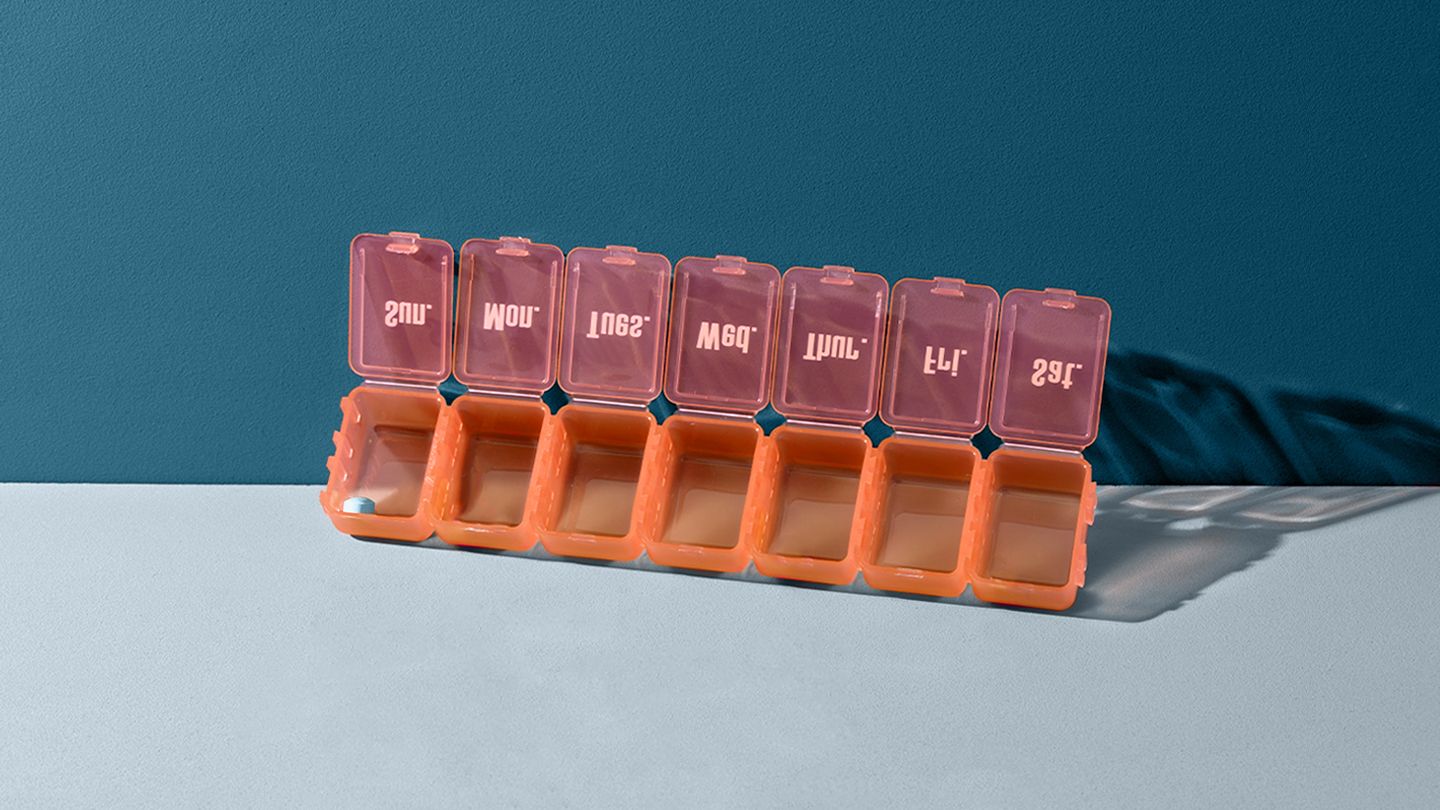Understanding Adult ADHD
Attention deficit hyperactivity disorder (ADHD) is often considered a childhood condition. However, many adults live with ADHD as well. The core symptoms of inattention, hyperactivity, and impulsivity can persist from childhood into adulthood and continue to impact daily functioning.
Prevalence of Adult ADHD
Recent research estimates that around 4% of adults have ADHD. Yet many remain undiagnosed, despite struggling with issues like:
- Problems focusing and staying organized at work
- Forgetfulness and difficulty completing tasks
- Impulsiveness leading to issues in relationships
- Low frustration tolerance
Increased awareness of adult ADHD symptoms has led more people to seek assessment. If you suspect you may have undiagnosed ADHD, the first step is to talk to your doctor.
Diagnosing Adult ADHD
There is no single test to diagnose ADHD. A clinical evaluation involves:
Medical History
Your doctor will ask about current symptoms, but also ADHD symptoms in childhood. These include early struggles with paying attention in school, forgetfulness, fidgeting, excessive talking, problems waiting your turn, and difficulty with organization.
Psychological Testing
Youll be asked to complete psychological questionnaires screening for ADHD signs and symptoms. You may also undergo computerized testing of attention and concentration.
Rule Out Other Causes
Your doctor will ensure your symptoms are not better explained by another medical, neurological or mental health condition. These include anxiety, depression, insomnia, thyroid disorders and certain medications.
Input From Loved Ones
Your doctor may wish to speak with your partner, family members or close friends to understand how ADHD symptoms impact your daily life across different settings.
ADHD Symptoms in Adulthood
ADHD symptoms can vary with age. While hyperactivity tends to improve with maturity, challenges with organization, focus and impulsiveness often persist from childhood into adulthood ADHD.
Inattention
Adults with ADHD struggle with sustained focus and attention. This includes symptoms like:
- Difficulty staying focused during conversations
- Forgetfulness and losing track of tasks
- Poor time management skills and difficulty meeting deadlines
- Avoiding tasks requiring sustained focus and attention
Hyperactivity
While less visible in mature adults, signs of hyperactivity can include:
- Internal sense of restlessness
- Difficulty sitting still for extended periods
- Talking excessively
- Multi-tasking or taking on too many projects
Impulsivity
Impulsive choices can negatively impact finances, relationships, work performance and more. Symptoms include:
- Difficulty delaying responses
- Acting recklessly without considering consequences
- Engaging in thrill-seeking behaviors
- Prone to mood swings and emotional outbursts
Getting Help for Adult ADHD
If screened positive for ADHD, your doctor may refer you to a mental health professional. A psychologist or psychiatrist can formally evaluate if your struggles meet diagnostic criteria for adult ADHD.
ADHD Treatment Options
Treatment is tailored to each person but often involves:
- Stimulant medications to improve focus, memory, and impulse control
- Cognitive behavioral therapy (CBT) provides coping skills training
- ADHD coaching helps with organization, time management and goal-setting
- Mind-body practices like exercise and meditation help relieve stress
Lifestyle Changes
Adopting ADHD-friendly habits can also reduce daily challenges:
- Use planners and reminders to stay organized
- Practice delegation at work and home
- Reduce clutter and distractions
- Focus on proper nutrition, exercise, and sleep hygiene
Support Groups
Connecting with other adults with ADHD can help you feel understood and get practical tips for thriving with ADHD.
The Future Looks Bright
While currently underdiagnosed, awareness of adult ADHD is growing. From effective treatment options to lifestyle changes and community support, adults have more resources than ever to successfully manage ADHD.
FAQs
Can you develop ADHD as an adult?
No, ADHD begins in childhood even if not diagnosed. However, symptoms may become more noticeable in adulthood as responsibilities mount and external structure declines.
What medications are used for adult ADHD?
Stimulants like Adderall, Vyvanse, Ritalin and Concerta are commonly prescribed to adults with ADHD to boost focus, memory, organization and impulse control.
Do adults grow out of ADHD?
While hyperactivity often improves by adulthood, challenges with inattention, disorganization and impulsivity tend to persist lifelong without proper treatment.
What natural remedies help with adult ADHD?
Lifestyle changes like a healthy diet, regular exercise, proper sleep and mind-body practices such as yoga and meditation can complement ADHD treatment plans.
Disclaimer: This article is for informational purposes only and does not constitute medical advice. Always consult with a healthcare professional before starting any new treatment regimen.
Related Coverage
Auditory processing disorder affects listening, school work, and daily life; learn diagnosis methods and support strategies....
ADHD involves challenges with focus, impulsivity, and managing behavior. Healthy lifestyle habits, treatment plans, and good sleep hygiene can provide relief....
Comedian Jim Carrey has been remarkably open about his lifelong ADHD struggles. His honest personal account provides insight and encouragement for others with ADHD....
Manage ADHD and hypoglycemia with smart nutrition strategies. Keep your energy and focus steady throughout the day....
Adderall requires a prescription and is illegal for recreational use, but when taken as directed for ADHD it is FDA-approved and legal under federal regulations....
Learn about the safety, risks, and side effects of combining Lexapro and Adderall. Get tips for managing ADHD symptoms during Adderall shortages....
Hormonal shifts in menopause can amplify ADHD challenges; learn practical strategies for meds, HRT, sleep, and daily routines....
With ongoing Vyvanse shortages, what's the latest news for 2023? Get strategies for coping with low supply, finding alternative meds, assistance programs & advocacy....
Find highly rated psychiatrists in Tucson, AZ experienced in diagnosing and treating ADHD in both children and adults. Get tips on questions to ask and maximizing appointments....
The methylphenidate shortage continues into 2023, disrupting treatment for many ADHD patients. Learn what's causing the shortage, how patients are coping, and possible solutions....









